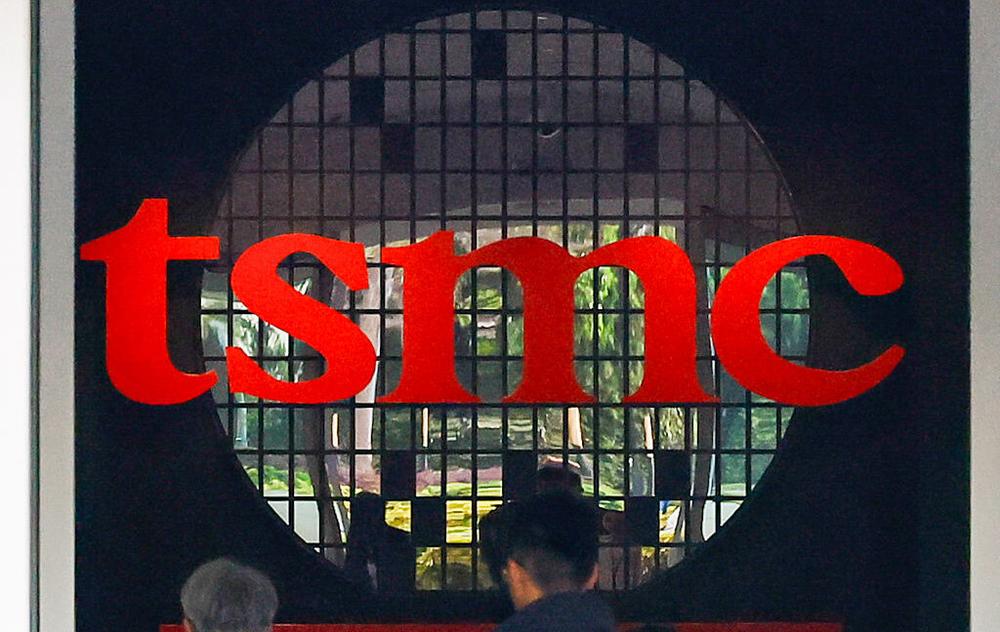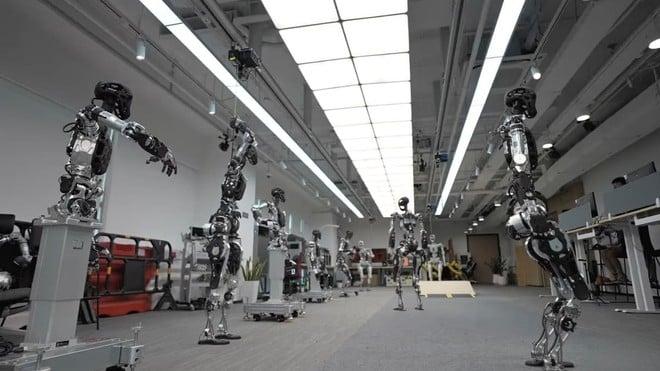Taiwan has begun evolving its trade strategy to start wielding its dominant position as a leading supplier of cutting-edge chips as a weapon, Bloomberg reported.
The move comes amid Donald Trump's heightening global trade war and after years of Taiwan's use of its chip dominance as a shield against Chinese aggression, with Taiwan allying with the US to stave off China's threats of invasion. Under the so-called "one-China principle," China has rejected Taiwan's independence, requiring allies to sever ties with Taiwan.
On Tuesday, Taiwan announced that it would be limiting shipments of semiconductors into South Africa—among 47 restricted products—due to national security concerns. The rare export curbs could hit South Africa's "electronics, telecom, and auto parts sectors" hard, MSN reported, if South Africa doesn't meet with Taiwan to discuss better terms within the next 60 days.
As Bloomberg previously reported, Taiwan is upset that South Africa unilaterally moved to relocate Taiwan's embassy from Pretoria to Johannesburg after meeting with China's president, Xi Jinping, in 2023. As a major ally to China, South Africa recently intensified pressure to move the embassy in July ahead of another meeting in November that Xi is expected to attend—attempting to signal that South Africa was weakening ties with Taiwan, as China had demanded.
Taiwan's Ministry of Foreign Affairs immediately protested South Africa's efforts in July, accusing South Africa of suppressing Taiwan and promising countermeasures if South Africa refused to consult with Taiwan on the embassy relocation.
In a statement, South Africa's foreign ministry spokesperson, Chrispin Phiri, insisted that South Africa's ties with Taiwan are "non-political," while noting that "South Africa is a critical supplier of platinum group metals, like palladium, essential to the global semiconductor industry," Bloomberg reported.
On Wednesday, China's foreign ministry spokesperson, Guo Jiakun, criticized Taiwan's export curbs as "a deliberate move to destabilize global chip industrial and supply chains and counter the prevailing international commitment to the one-China principle by weaponizing chips."
Guo commended South Africa for its decision to relocate Taiwan's embassy and promised that China would reward South Africa by expanding access to China's chips. According to Guo, Taiwan's trade tactics will "only end in failure" since customs data showed that China's chip exports to South Africa "tripled the amount from the Taiwan region" in 2024.
"Taiwan’s measures will not substantively affect South Africa’s relevant industry and will only backfire," Guo suggested.
Other “unfriendly” nations could be next
However, a Taiwanese official told Bloomberg that Taiwan expects to "increasingly use economic and trade policy for diplomatic goals," suggesting that "other unfriendly nations" could be next to face chip restrictions.
That threat alone could influence Taiwan's diplomatic ties globally, as Wen-ti Sung, a non-resident fellow at the Atlantic Council’s Global China Hub, told Bloomberg that "going forward, other governments will be looking at this example and considering not only Taiwan’s carrots but also its potential sticks."
Experts have suggested that although the US and major European economies are unlikely to be targeted, Taiwan's smaller partners may face pressure to shift their trade strategies in response or risk losing access to the largest supplier of the world's most sophisticated chips, the Taiwan Semiconductor Manufacturing Company.
It seems likely that Trump's trade war influenced Taiwan to take this bold step after it previously followed Trump's lead in restricting exports to China chip firms Huawei and the Semiconductor Manufacturing International Corporation in June. At that time, experts told CNN that Taiwan's restrictions were "largely symbolic," reflecting "the Taiwanese government’s clearer intent to align its export control regulations more closely with those of the United States."
Min-yen Chiang, a nonresident fellow at a government-funded think tank in Taipei called the Research Institute for Democracy, Society, and Emerging Technology, told CNN that "the US government has long hoped that Taiwan would take greater initiative in regulating sensitive exports on its own, rather than simply following Washington’s lead."

 Dalla teoria alla realtà: il robot Adam cammina e socializza come una persona
Dalla teoria alla realtà: il robot Adam cammina e socializza come una persona